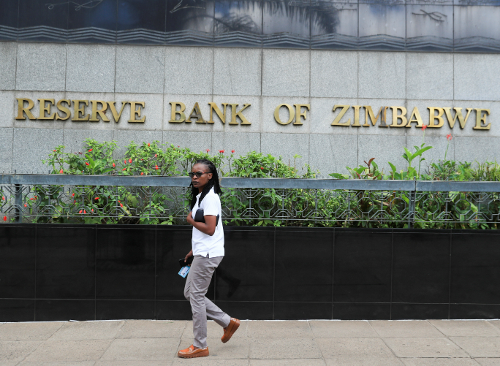Zimbabwe Cuts Spending Amid Currency Devaluation, Budget Constraints

TLDR
- Zimbabwe government implements cost-cutting measures due to ZiG devaluation, prioritizing critical expenses like bonuses, food security, and agricultural support.
- Cost-saving steps involve cutting foreign travels, postponing local workshops, and reducing fuel allocations.
- Treasury Secretary notes revenue lag due to ZiG depreciation, leading to immediate local-currency expenditure challenges.
Zimbabwe’s government is implementing cost-cutting measures to address budgetary pressures caused by the devaluation of its local currency, the ZiG. The Treasury has directed government departments to prioritize spending, citing severe constraints on non-wage budget support.
Critical expenditures, including 2024 bonuses, food-deficit mitigation, and agricultural input support, remain prioritized, according to a Treasury circular confirmed by officials.
Cost-saving measures include reducing foreign travel, deferring local workshops, and halving fuel allocations. The ZiG’s depreciation has created a mismatch between revenue, which lags by a month, and immediate local-currency expenditures, Treasury Secretary George Guvamatanga noted.
You can follow Daba’s reporting on Africa on WhatsApp. Sign up here
Key Takeaways
Zimbabwe's fiscal pressures underscore challenges in managing currency volatility and aligning revenue with expenses. With funding requests for 2025 exceeding ZiG 700 billion against a budget cap of ZiG 140 billion, the government faces tough choices to balance critical needs with economic realities. Finance Minister Mthuli Ncube’s upcoming budget will be closely watched for strategies to address these structural imbalances.

Next Frontier
Stay up to date on major news and events in African markets. Delivered weekly.
Pulse54
UDeep-dives into what’s old and new in Africa’s investment landscape. Delivered twice monthly.
Events
Sign up to stay informed about our regular webinars, product launches, and exhibitions.




